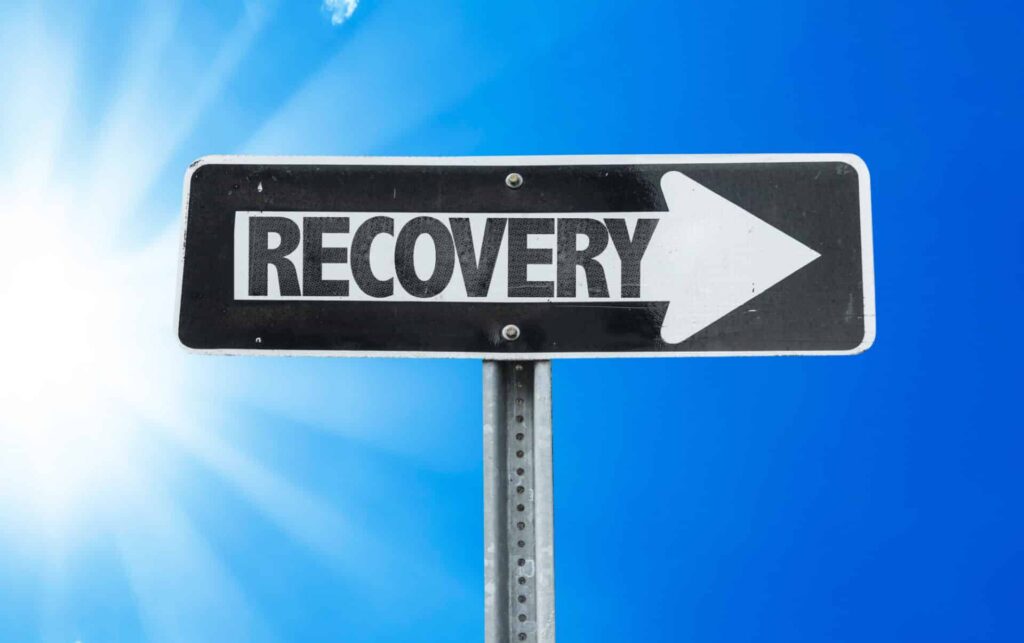An estimated 14.5 million Americans struggle with alcohol use disorder. However, millions more fall into the criteria for heavy drinking or binge drinking. Evidently, alcohol use is a highly normalized behavior in our country.
What makes this normalization so significant and potentially dangerous? Many alcohol users don’t recognize when they’ve crossed into the territory of alcoholism and don’t seek alcohol rehabilitation as a result.
If you’re wondering if your alcohol consumption or a loved one’s alcohol consumption is becoming a problem, you’re in the right place. There are many signs that someone is struggling with an alcohol use disorder, and we’re here to share them with you.
Read on for seven signs that you or a loved one need to go to an alcohol rehab center in order to recover.
1. A High Tolerance for Alcohol
Due to differences in body chemistry and genetics, two different people may have different tolerance levels to alcohol. However, regular and increasing consumption of alcohol can increase your tolerance to it over time.
Tolerance is the body’s adjustment to an increased amount of a state-altering substance. That means that if you continue to drink a significant amount of alcohol over time, your body will react less noticeably to the intoxication. If it once took you a single drink to notice a “buzz” and now takes three or four, this is a potential sign that you are dealing with an alcohol use disorder and require rehabilitation.
2. Inability to Cut Back or Refrain from Drinking
Not everyone who drinks has an alcohol use disorder. One way to tell the difference is in a person’s ability to control their alcohol consumption.
Have you ever told yourself that you would refrain from drinking for a set period of time or that you would stick to a certain number of drinks? Have you then found yourself drinking or drinking more, regardless? If you find that you are unable to cut back or refrain from drinking, you likely have an alcohol use disorder.
3. Withdrawal Symptoms
It’s not unusual to hear people discussing hangover symptoms. Hangovers occur when the body is struggling to recover after a bout of drinking. Symptoms tend to include things like headaches, nausea, and fatigue.
Alcohol withdrawal symptoms are not unlike hangover symptoms, although they are often more severe. They can include things like shaking or tremors, sweating, insomnia, and fever. When left untreated, they can become serious over time, which is one reason that alcohol rehabilitation is a crucial step in the recovery process.
Experiencing withdrawal when not consuming alcohol indicates that your body has developed a dependence on alcohol. If your symptoms are becoming more severe after drinking, do not chalk it up to a bad hangover.
4. Neglecting Responsibilities and Interests
Alcohol use disorder is an addiction and people who are struggling with addiction often find that substance use supersedes all other responsibilities. Plus, frequent consumption of alcohol can make certain responsibilities very difficult to meet.
Have you gotten in trouble at work or lost your job? Have you failed to provide proper childcare for your children? Are you finding yourself in new and tough financial situations as a result of your drinking?
Neglecting responsibilities isn’t the only day-to-day change you may notice. Many people who struggle with addiction also seem to lose interest in their hobbies or passions. They stop prioritizing the things they once loved in favor of prioritizing substance use.
5. Legal Issues Pertaining to Alcohol Use
Getting into legal trouble as a result of alcohol consumption often indicates a bigger problem. Driving under the influence, violent outbursts, and stealing as a way to support substance use are all signs that you likely have an alcohol use disorder.
Excessive alcohol consumption blunts your ability to make reasonable decisions. It lowers inhibitions and increases reactivity to situations that you may not otherwise have a strong reaction to. If your behavior has led or could lead to legal trouble, you may need alcohol rehab.
6. Strained or Broken Personal Relationships
It is not uncommon for alcoholism to do serious damage to personal relationships. Many of the above signs we’ve discussed don’t just impact you. They also impact the people around you.
What’s more, is that choosing alcohol use over an important relationship is yet another sign that you can no longer control your alcohol consumption. For example, if your spouse, parent, child, or friend asks you to choose between them and alcohol use and you choose alcohol use, this is a sign of dependence on alcohol.
7. Frequent Blackouts
Unfortunately, blacking out is another thing that has been normalized within party culture. We often see depictions in television and film of blackouts that are framed as comedic or no big deal. The truth is that blacking out should not be seen as normal behavior, as it indicates that an individual is consuming far beyond a safe amount of alcohol and ignoring the signs that they’ve had too much to drink.
Ask yourself if you’ve blacked out and if so, how often. Ask yourself how long these blackouts have lasted. Blacking out frequently or for days or weeks at a time is a clear sign that you are struggling with an alcohol use disorder.
Looking for an Alcohol Rehabilitation Center Near You?
Because alcohol use is such a normalized part of our society, it’s not always easy to recognize when you’ve lost control. We hope that this guide helps you to reassess your situation. If you have an alcohol use disorder, the next step is alcohol rehabilitation.
Are you looking for an alcohol rehab center in San Diego? Consider Apex Recovery Rehab. Contact us to find out more about our programs and services and how we can help you to take control of your life again.

